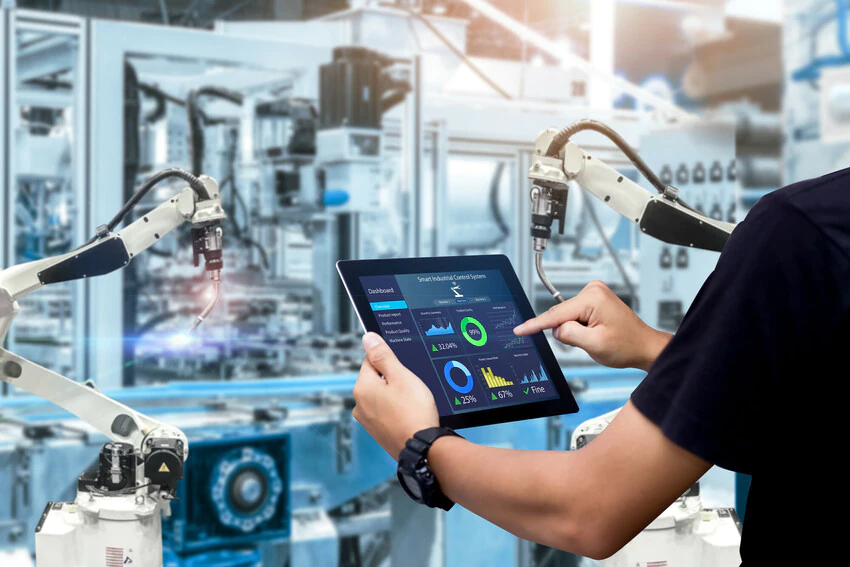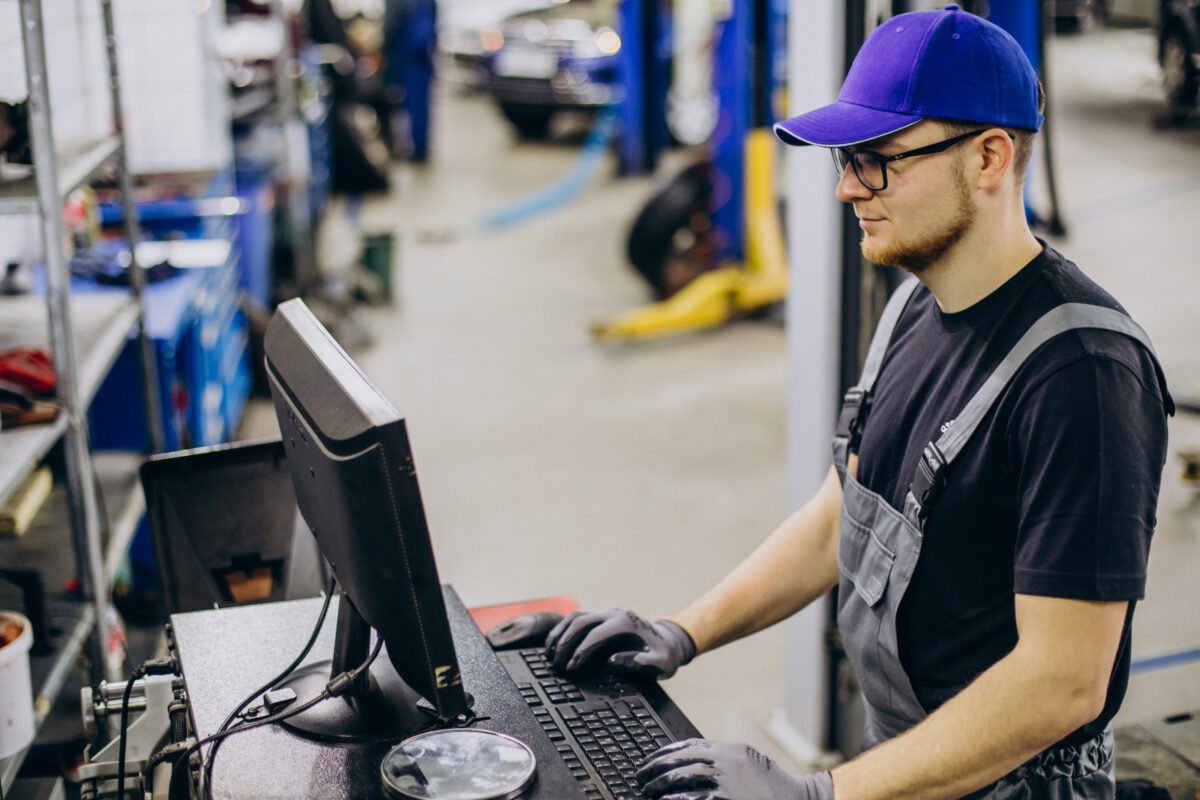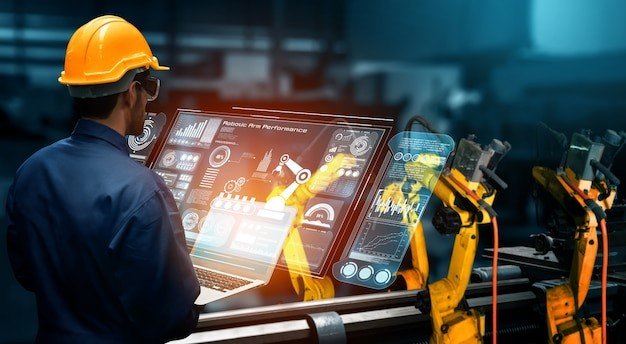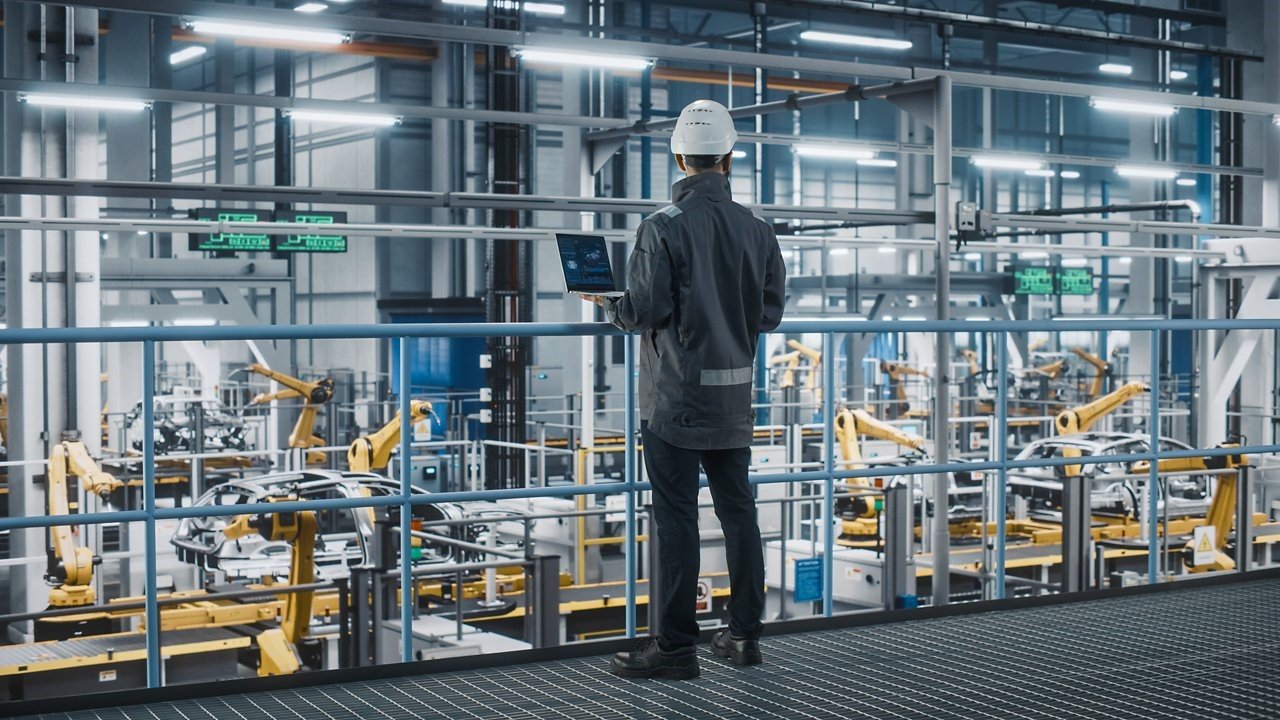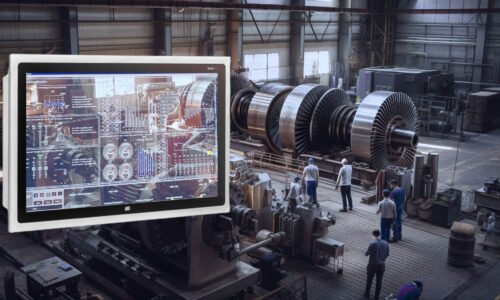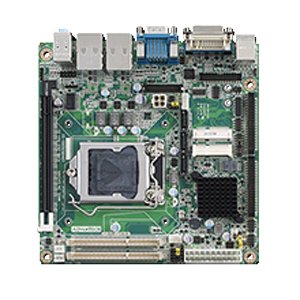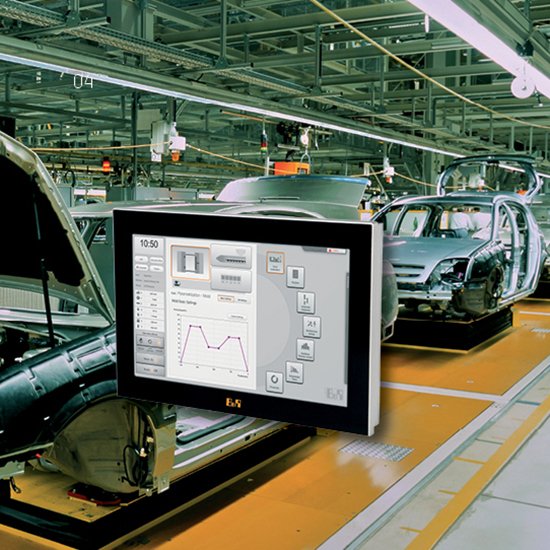As the world advances and technology evolves, industrial automation has become an integral part of manufacturing, production, and processing. The integration of machines, computers, and control systems in manufacturing processes has increased efficiency, accuracy, and productivity while reducing labor costs. Here are ten reasons why industrial automation is the future of manufacturing.
1. Introduction
Industrial automation refers to the use of control systems, robots, and machines to perform various industrial operations without human intervention. The automation of manufacturing processes is crucial to increasing efficiency, productivity, and product quality. Automation has become a crucial part of modern manufacturing and is set to become more critical as we move into the future.
2. Increased Productivity and Efficiency
One of the primary benefits of industrial automation is increased productivity and efficiency. Automation systems are designed to work around the clock and can complete tasks faster and more accurately than human workers. The use of robots in manufacturing has revolutionized the industry, reducing production time and increasing output.
3. Enhanced Safety
Another significant advantage of industrial automation is improved safety. The use of robots and machines in hazardous working environments can eliminate the need for human workers to perform dangerous tasks, reducing the risk of accidents and injuries. Automation systems can also perform tasks that are too dangerous for humans, further enhancing workplace safety.
4. Consistent Product Quality
Automation systems can ensure consistent product quality by eliminating human error. Machines and robots are programmed to perform tasks with precision and accuracy, reducing the risk of defects and errors. This results in higher-quality products, which can lead to increased customer satisfaction and brand loyalty.
5. Reduction in Labor Costs
The automation of manufacturing processes can significantly reduce labor costs. Machines and robots can perform tasks that would require multiple human workers, eliminating the need for additional labor. This results in reduced labor costs and higher profits for businesses.
6. Improved Communication and Integration
Industrial automation systems can improve communication and integration between different departments in a manufacturing facility. Automation systems can be integrated with other software programs to streamline processes and improve workflow. This results in more efficient and productive manufacturing processes.
7. Real-time Monitoring and Data Collection
Industrial automation systems can provide real-time monitoring and data collection, allowing manufacturers to monitor production processes and identify any issues quickly. This enables manufacturers to make changes to the manufacturing process in real-time, resulting in increased efficiency and productivity.
8. Customization and Flexibility
Automation systems can provide manufacturers with the flexibility to customize their manufacturing processes to meet specific customer needs. Robots and machines can be programmed to perform different tasks, allowing manufacturers to produce a wide range of products efficiently.
9. Reduction in Material Wastage
Automation systems can significantly reduce material wastage in manufacturing processes. Machines and robots are designed to use materials more efficiently, reducing wastage and saving costs. This results in more sustainable and environmentally friendly manufacturing processes.
10. Sustainability and Environmental Impact
Industrial automation can help to reduce the environmental impact of manufacturing processes. The use of automation systems can reduce energy consumption, reduce emissions, and minimize waste, resulting in more sustainable manufacturing practices.
11. Better Customer Service and Satisfaction
Automation has improved customer service and satisfaction by increasing product availability and reducing delivery times. Automated machines can also produce products with higher quality and consistency, improving customer satisfaction.
12. Improved Environmental Sustainability
Automation can reduce a manufacturer’s carbon footprint by improving the efficient use of resources and reducing waste. Recycling and waste reduction programs can also be implemented more easily with automation.
13. Conclusion Industrial automation is the future of manufacturing. The integration of machines, robots, and control systems in manufacturing processes can significantly increase productivity, efficiency, and product quality while reducing labor costs.

